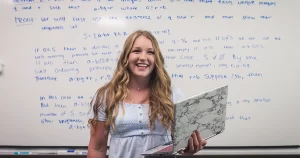
YOU WERE MEANT TO MAKE A DIFFERENCE. WE’LL GET YOU READY.
At Jessup University we believe an exceptional education should go hand-in-hand with your faith.
We want you to graduate sure of yourself, more confident of your beliefs, and equipped to lead in your chosen field.
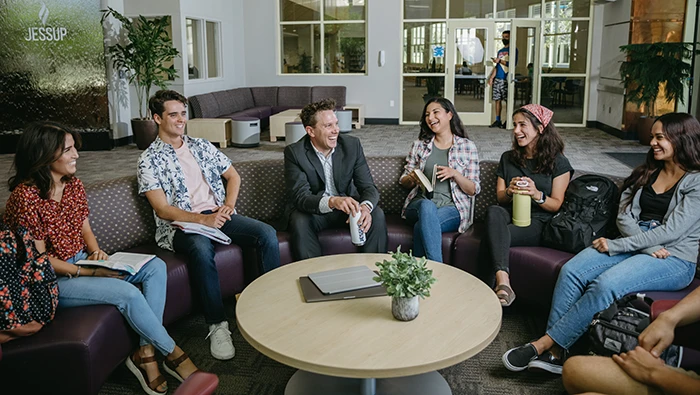
An exceptional education is within reach
Jessup is a fully accredited, private liberal arts university centrally located in Northern California that offers professional programs both on campus and online, taught by expert, industry-leading faculty (both academic and practitioners).
A vibrant community awaits
We invite you to visit us and experience all Jessup has to offer.
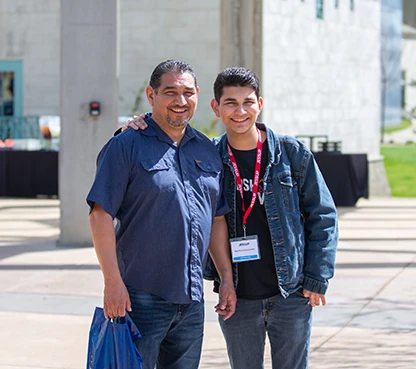
Campus Tours
Tour the campus with an amazing Admissions counselor and schedule it on a day that works best for you!

Visit Events
From interest fairs to open houses to explore the campus and meet your future professors and resources, you’ll experience a day in the life of a Jessup student just like you.

Virtual Experiences
Tour Jessup through video or attend a preview evening and meet future professors and classmates.
News & Stories
Jessup University Makes Historic Move, Expanding Out-of-State with Additional Location in Oregon
April 8 is the Total Solar Eclipse
On April 8, much of North America will witness another incredible phenomenon known as a total solar eclipse slated to pass over Mexico, the United States and Canada. Although the path of totality…
Tax Day is April 15!
As the calendar approaches that pivotal time of year, April 15 represents a date characteristic of the annual rite of tax filing. The benefits of entrusting this civic duty to a professional are…
Disability Student Services at Jessup
March is national developmental disabilities month and provides a noteworthy opportunity to highlight Jessup’s disability student services (DSS) program on campus. Characterized by a group of conditions that affect language, movement, behavior, learning,…
Events
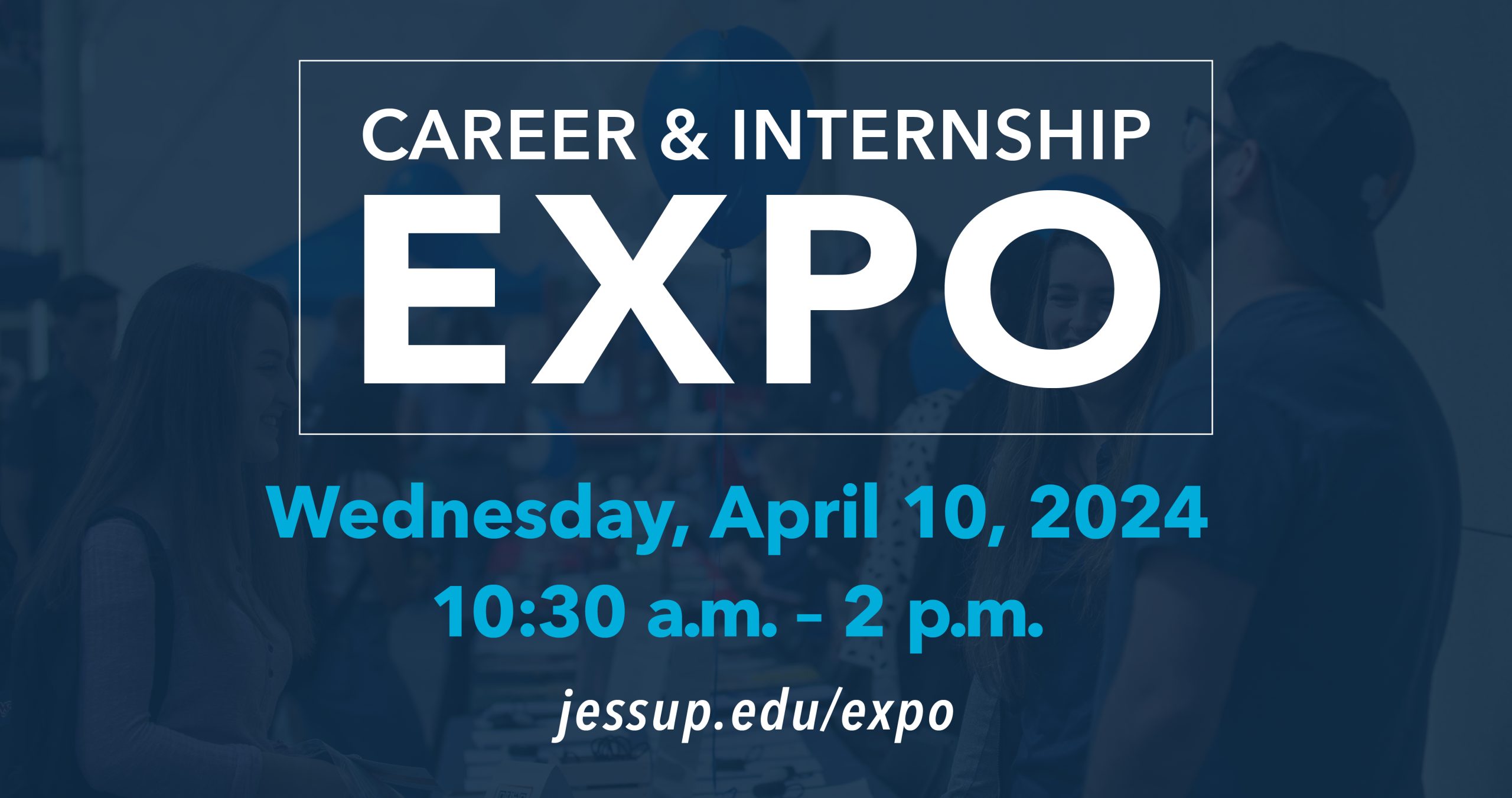

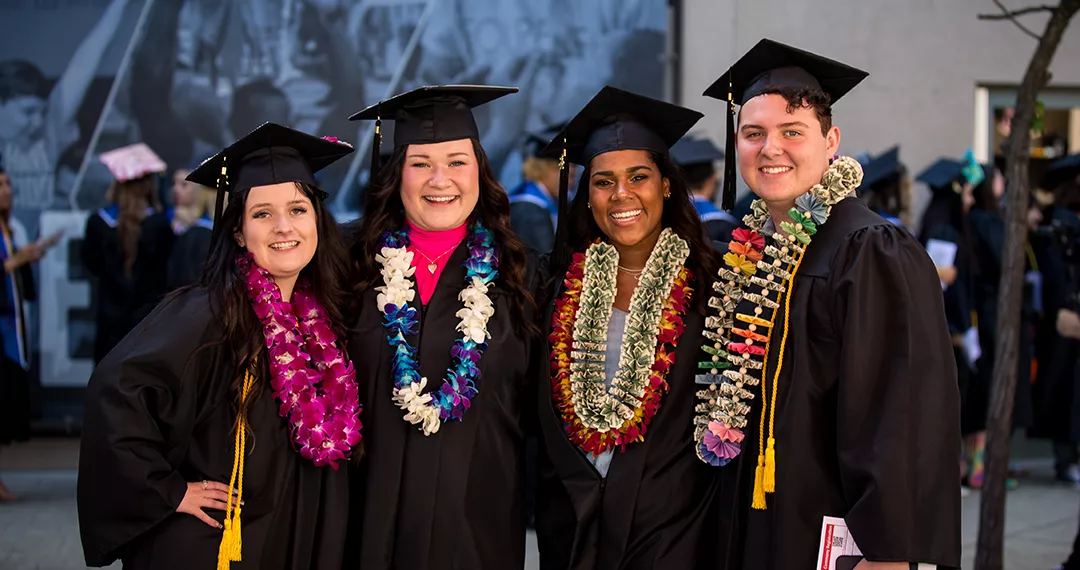

Discover Jessup
Jessup University is a place where you’ll encounter God’s love, find a welcoming community, then graduate ready to lead in your chosen field.
Start a conversation to see if Jessup is the right fit for your future.
P: (916) 577-2200 | E: admissions@jessup.edu

